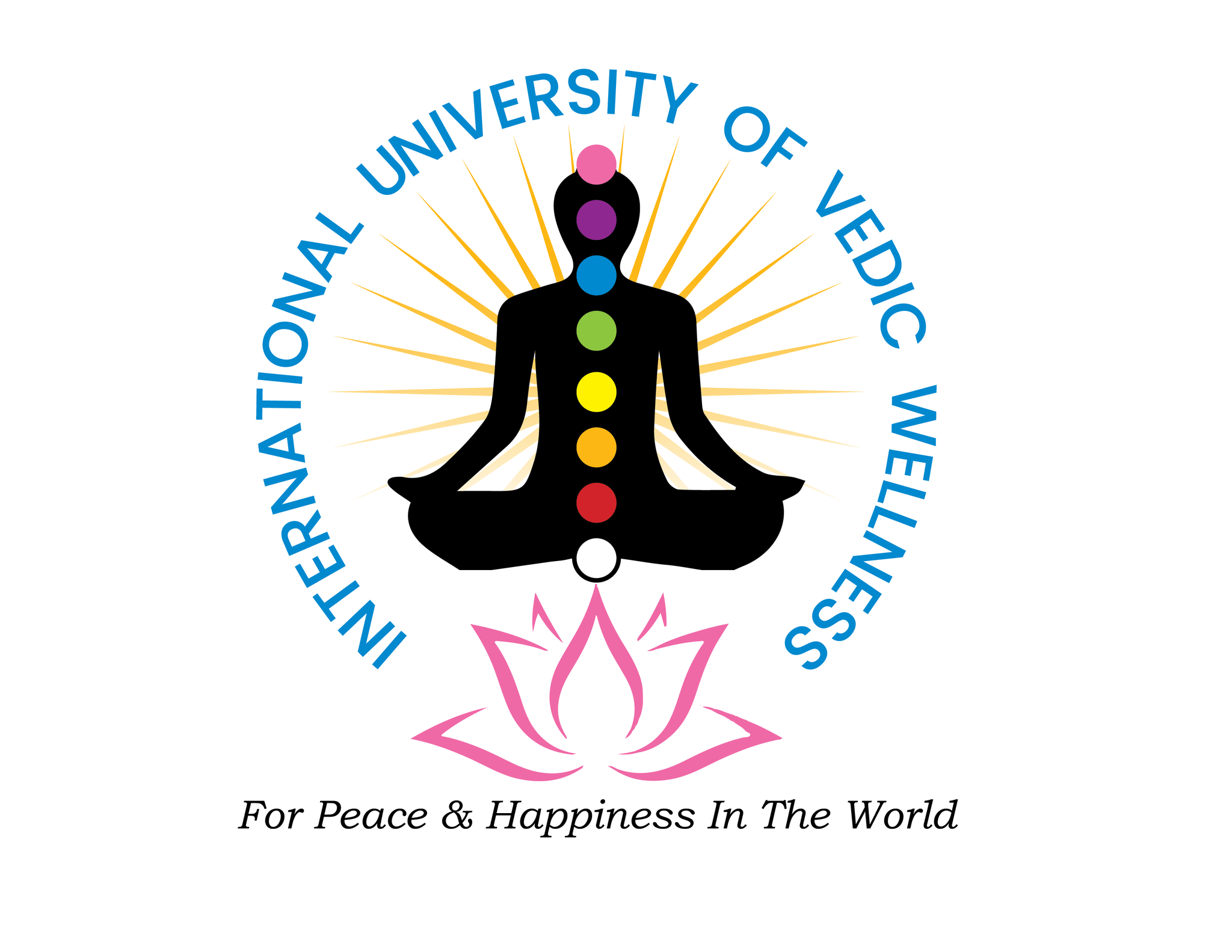Introduction:
Ayurveda, the ancient Indian system of medicine, has been practiced for over 3,000 years, offering a holistic approach to health and well-being. This time-tested wisdom focuses on balancing the mind, body, and spirit to promote optimal health and happiness. In this blog post, we’ll explore the endless possibilities that Ayurveda offers for living a healthy and joyful life.
Understanding the Doshas:
At the core of Ayurvedic teachings are the three doshas – Vata, Pitta, and Kapha. These are the fundamental energies that govern our physical and mental characteristics. Vata represents the elements of air and space, Pitta is associated with fire and water, and Kapha is connected to earth and water.
Each individual has a unique combination of these doshas, known as their Prakriti, which determines their natural tendencies and predispositions. By understanding your dominant dosha, you can tailor your lifestyle choices to maintain balance and prevent imbalances that lead to health issues.
For example, if you have a predominant Vata dosha, you may benefit from grounding and warming practices such as yoga, meditation, and consuming cooked, nourishing foods. On the other hand, those with a Pitta dominance may thrive on cooling foods and calming activities to pacify their fiery nature.
Nourishing Your Body:
Ayurveda places great emphasis on the role of diet in maintaining health and preventing disease. It recognizes that food is not only fuel for the body but also medicine for the soul. The Ayurvedic approach to nutrition is based on the principle of “like increases like,” meaning that foods with similar qualities to your dominant dosha can aggravate imbalances, while those with opposite qualities can help restore balance.
For instance, if you have a Kapha constitution, which is characterized by heavy, slow, and cool qualities, you may benefit from incorporating light, dry, and warming foods into your diet. This could include legumes, bitter greens, and warming spices like ginger and turmeric.
In contrast, those with a Vata nature may find grounding and nourishing foods like root vegetables, healthy fats, and warming soups more supportive. By aligning your diet with your unique constitution, you can optimize digestion, boost immunity, and promote overall well-being.
The Power of Daily Routines:
Ayurveda emphasizes the importance of establishing daily routines, known as Dinacharya, to maintain balance and harmony in life. These routines incorporate practices that align with the natural rhythms of the day and the seasons.
A typical Ayurvedic morning routine may include:
- Rising early, ideally before sunrise
- Tongue scraping to remove toxins accumulated overnight
- Oil pulling to promote oral health and detoxification
- Dry brushing to stimulate circulation and lymphatic flow
- Self-massage with warm oil (Abhyanga) to nourish the skin and calm the nervous system
- Gentle exercise or yoga to awaken the body and mind
- Meditation or pranayama (breathing exercises) to cultivate inner peace and clarity
By incorporating these practices into your daily life, you can create a solid foundation for health and well-being. These routines help to ground and center you, reducing stress and promoting a sense of balance and harmony.
The Healing Power of Herbs:
Ayurveda has a rich tradition of using herbs and spices for their medicinal properties. These natural remedies have been used for centuries to address a wide range of health concerns, from digestive issues to respiratory problems and skin conditions.
Some common Ayurvedic herbs include:
- Ashwagandha: An adaptogenic herb that helps the body cope with stress and promotes mental clarity and physical endurance.
- Turmeric: A powerful anti-inflammatory and antioxidant that supports digestion, liver function, and skin health.
- Triphala: A combination of three fruits that acts as a gentle laxative, promoting regular elimination and detoxification.
- Brahmi: A nootropic herb that enhances memory, concentration, and cognitive function.
- Shatavari: A rejuvenating herb that supports reproductive health, particularly for women, and promotes overall vitality.
By incorporating these herbs into your diet or using them in specific formulations under the guidance of an Ayurvedic practitioner, you can harness their healing potential and support your body’s natural healing processes.
Balancing the Mind and Emotions:
Ayurveda recognizes the intricate connection between the mind and body, emphasizing the importance of mental and emotional well-being for overall health. It offers a range of practices and techniques to cultivate a calm, focused, and resilient mind.
Meditation is a cornerstone of Ayurvedic mental health practices. Regular meditation helps to reduce stress, improve concentration, and promote emotional balance. It allows you to observe your thoughts and emotions without judgment, cultivating a sense of inner peace and clarity.
Pranayama, or controlled breathing exercises, is another powerful tool for balancing the mind and emotions. Different breathing techniques can have specific effects on the nervous system, such as calming the mind, energizing the body, or promoting mental clarity.
Yoga, with its combination of physical postures, breathing techniques, and meditation, is also highly recommended in Ayurveda for its ability to balance the doshas, reduce stress, and promote overall well-being. Different yoga practices can be tailored to your specific needs and constitution, making it a versatile tool for self-care and personal growth.
Seasonal Cleansing and Rejuvenation:
Ayurveda emphasizes the importance of seasonal cleansing and rejuvenation to maintain optimal health and prevent the accumulation of toxins in the body. These practices, known as Panchakarma, involve a series of treatments that deeply cleanse and nourish the tissues, promoting healing and renewal.
A typical Panchakarma program may include:
- Oleation: Internal and external application of medicated oils to lubricate and nourish the tissues.
- Fomentation: Sweating therapies to dilate channels, loosen toxins, and promote circulation.
- Purgation: Cleansing of the digestive tract using herbal laxatives or enemas.
- Nasal Therapy: Administration of medicated oils or herbs through the nostrils to cleanse and rejuvenate the respiratory system and brain.
- Rejuvenation: Nourishing therapies to restore vitality and promote tissue regeneration.
By undergoing regular seasonal cleansing and rejuvenation, you can reset your body’s natural healing mechanisms, boost immunity, and promote longevity. These practices help to address imbalances at their root cause, preventing the development of chronic health issues.
The Importance of Self-Care:
Ayurveda emphasizes the importance of self-care as a foundation for health and happiness. It encourages individuals to take an active role in their own well-being, making choices that align with their unique constitution and life circumstances
Self-care practices in Ayurveda may include:
- Abhyanga: Regular self-massage with warm oil to nourish the skin, calm the nervous system, and promote circulation.
- Meditation and Pranayama: Daily practices to cultivate mental clarity, emotional balance, and inner peace.
- Mindful Eating: Eating with awareness, savoring each bite, and choosing foods that align with your constitution and the seasons.
- Adequate Rest: Prioritizing sufficient, quality sleep to allow the body and mind to rejuvenate and heal.
- Connecting with Nature: Spending time in natural environments to ground and recharge, promoting a sense of connection and well-being.
By making self-care a priority, you create a solid foundation for health and happiness, allowing you to show up more fully in all areas of your life.Conclusion:
Ayurveda offers a comprehensive, holistic approach to health and well-being that empowers individuals to take charge of their own health and happiness. By understanding your unique constitution, aligning your diet and lifestyle with the principles of Ayurveda, and incorporating daily practices for self-care and rejuvenation, you can unlock the endless possibilities for a healthy, happy and exciting life.




